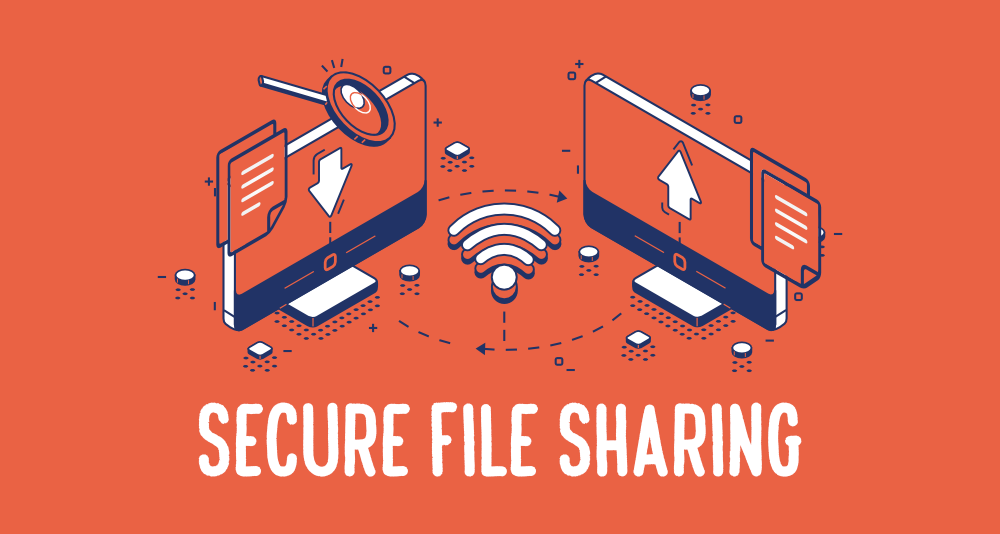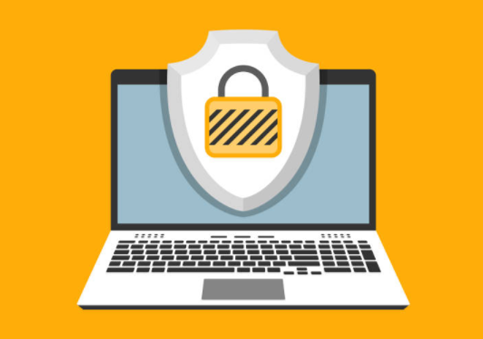Cloud Endpoint Protection
Updated on October 11, 2022, by Xcitium

Xcitium Cloud Endpoint Protection is more capable of handling device management and threat protection for Windows PCs, Mac, mobile devices and servers. Therefore, it promptly secures all endpoints and blocks ransomware, zero-day threats and other advanced attacks. Our endpoint protection applies sophisticated multi-layered technologies which involve machine learning, emulation, and behavior analysis to achieve excellent protection against an extensive range of known and unknown threats.
Why Is Endpoint Protection Crucial?
Antivirus is sufficient for securing a bunch of computers. But what about when this number rises to 10 or more? You probably need a much more sophisticated security software. This software which enterprises employ to safeguard their networks against various security threats is known as endpoint protection.
Endpoint protection software is usually a bunch of security tools (which include antivirus as well) responsible for network security. They are primarily responsible for securing vulnerable endpoints (laptops, smartphones, workstations) which are usually targeted by hackers for infecting networks.
Cloud-Based Endpoint Security
When endpoint protection came into existence, it was mostly an on-premise tool. With the advancement in technology and hacking methods, the need for an endpoint security system which could learn quickly and defend against security threats in real time arose. Thus cloud endpoint protection came into existence.
Endpoint Protection Cloud
Xcitium Advanced Endpoint Protection (AEP) uses cloud endpoint protection for file analysis for malware and thus reduces false positives to a great extent. Its Valkyrie (tool used for cloud-based file analysis) implements Default Deny Architecture which is extremely useful in tackling the zero-day malware.
Enterprises worldwide need advanced endpoint protection tools such as Xcitium AEP which includes cloud endpoint protection to tackle the ever-changing cybersecurity threat landscape
Why Use Xcitium Advanced Endpoint Protection?
Apart from cloud-based endpoint protection (via Valkyrie cloud-based file analysis tool), Xcitium AEP comes equipped with a plethora of security features, that make it the best endpoint protection tool in the market. Some of these features include:
Default Deny Platform: A defense technique which ensures untrusted processes and applications are automatically contained (or run) in a separate environment without affecting the network. This Default Deny approach provides absolute protection against zero-day threats.
Automatic Containment: Containment (technology on which Default Deny Platform is built) operates automatically ensuring only safe applications run on your network. Any suspicious application detected will be run in a separate environment. And since containment technology is extremely lightweight, they won’t impact your network performance.
Behavioral Analysis: This is where cloud-based endpoint protection plays a huge role. Any unknown software applications detected will be moved to Valkyrie for a thorough behavioral analysis and will be allowed access to the network only after they prove themselves to be harmless.
Proactive Protection: The advanced technologies implemented by Xcitium AEP ensure it offers proactive protection against various security threats. Which, in turn, means no escalation of security threats as they are more often than not proactively prevented even before they arise.
User-Friendly Interface: Another advantage of using Xcitium AEP is its user-friendly interface which makes it possible for almost anyone to use it to the fullest and thereby protect their networks successfully. This easy representation of network data ensures administrators take quick action against security threats.
Conclusion:
Enterprises can no longer survive without endpoint protection. If they do, it’s only a matter of time before their networks get infected. Therefore install a really effective endpoint protection tool like Xcitium AEP and ensure your enterprise network is safeguarded well against the modern-day malware.
See Also:












